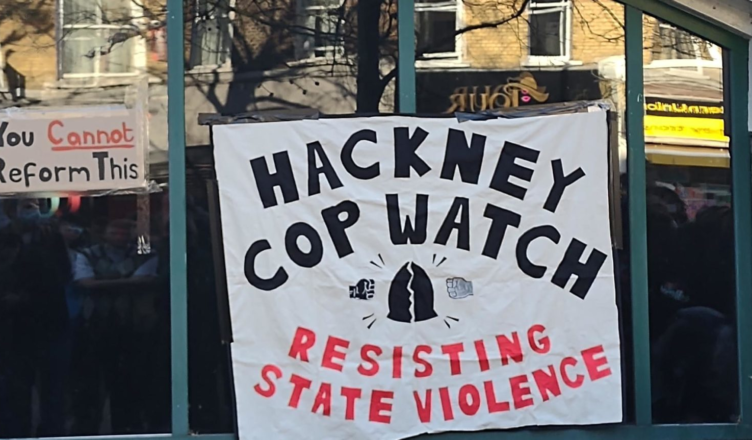| “Child Q was the victim of sexual abuse. Met Police officers were the perpetrators. #WithdrawConsentNow” (Sisters Uncut Tweet, 7:33 PM · Mar 16, 2022). That was the stark message from direct action feminist group, Sisters Uncut. They are absolutely correct. For anyone still not aware of the Child Q incident, which took place in 2020, the summary is that police officers strip searched a black girl wrongly suspected of possessing cannabis at a school in Hackney without an appropriate adult present. Her intimate body parts were exposed, those responsible knew she was on her period, and during the search she was asked to remove her sanitary towel. Family members have spoken of her changing from a “happy-go-lucky girl to a timid recluse that hardly speaks”, and who now self-harms and needs therapy. A review of the incident has now been published, and in a written statement to the review, the girl said she cannot go a single day “without wanting to scream, shout, cry or just give up.” Child Q was let down by teachers, the headteacher, the person who suggested police be called, the person who called police, the Met Police, the Learning Trust, and Hackney Council. All of these people have questions to answer. But at the heart of this appalling case, as with so many others, is the issue that Sisters Uncut have correctly raised: the societal assumption that the population has given consent to policing. So many abuses by police officers – an orchard or two of proverbial “bad apples”, of course – come down to the role of the police in society. Child Q was likely to have been the victim of “adultification bias”: the racist assumption that because she was black she was more likely to be “street wise” and which involves adults perceiving black children as being older than they are. This probably affected the actions of many involved. But whoever initiated the chain of events, the actual abuse was carried out by the police, who clearly believed they were acting within their powers. Sisters Uncut correctly point out that police violence against women is nothing new. At least 15 women have been killed by police officers since 2009, and one woman a week comes forward to report a serving police officer for domestic or sexual violence. Since misogyny is demonstrably embedded in the institution, Sisters Uncut argue that there is no way for women to consent to police power. More police powers, they say, will lead to more police violence, and they go on to argue that without the police, society would be much safer. We agree. Consent for policing is a myth. Contrast the actions of the police in this case with their actions in protecting the property of the Russian oligarch which anti-war activists occupied in Belgrave Square. In the former case they feel they can abuse and demean in the most intimate way on nothing more than an unjustified suspicion, in the latter a billionaire’s property is seen to deserve heavy police protection If you have power and wealth you are protected. If you do not, you can be subjected to violation and subjugation. We call that dichotomy the class system. We want to abolish it. We do not consent. |
We do not consent: Child Q, the police and class

